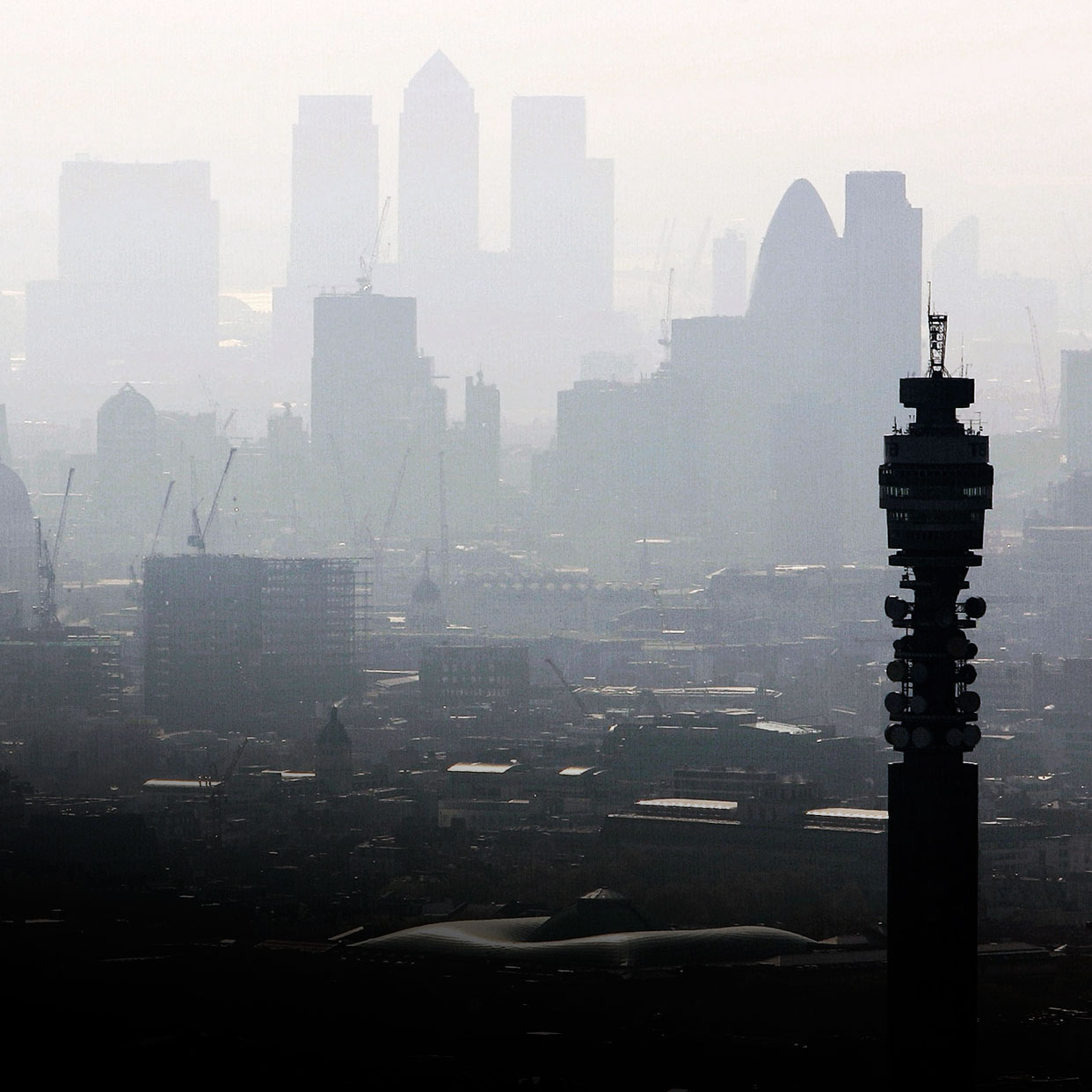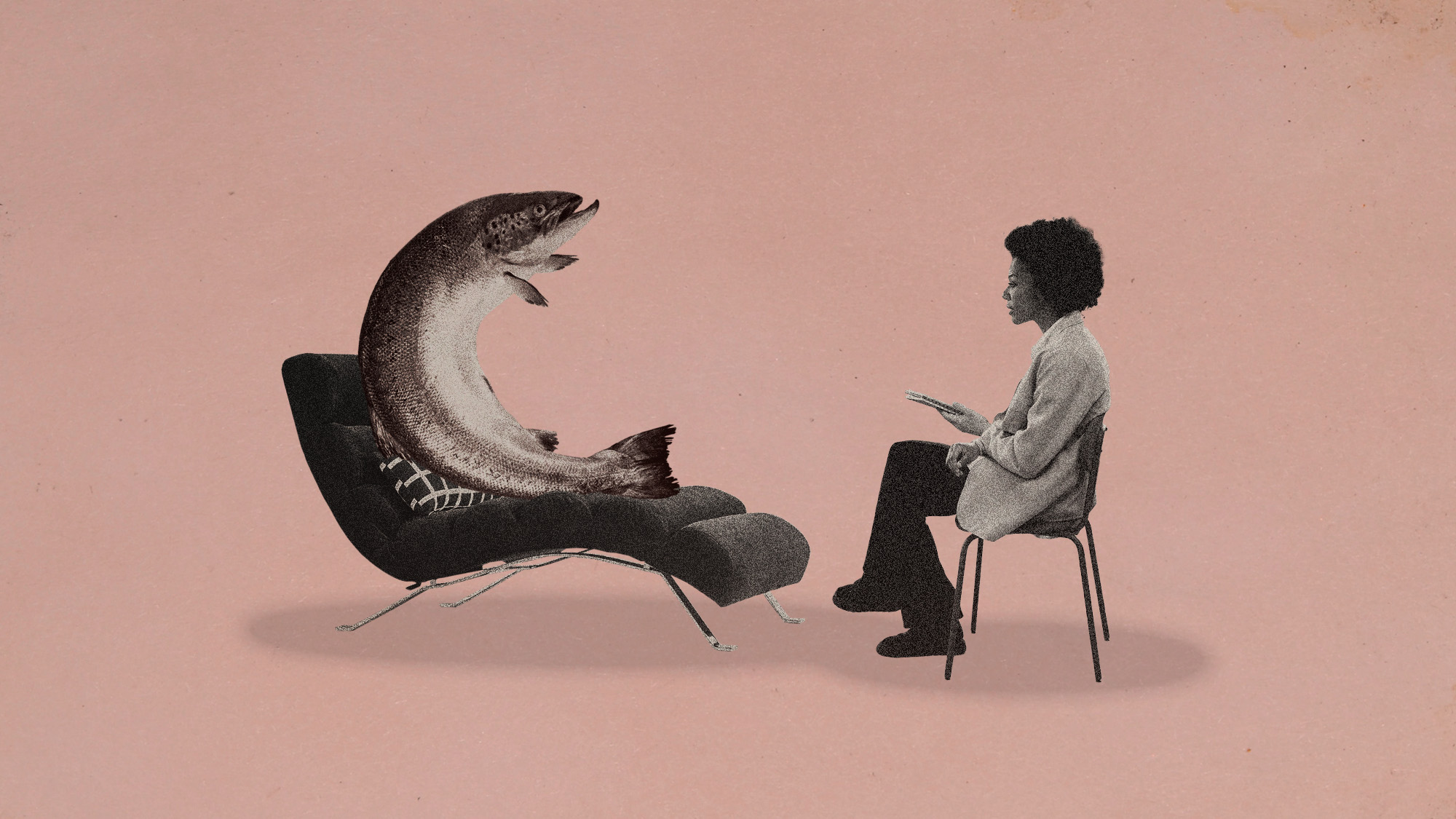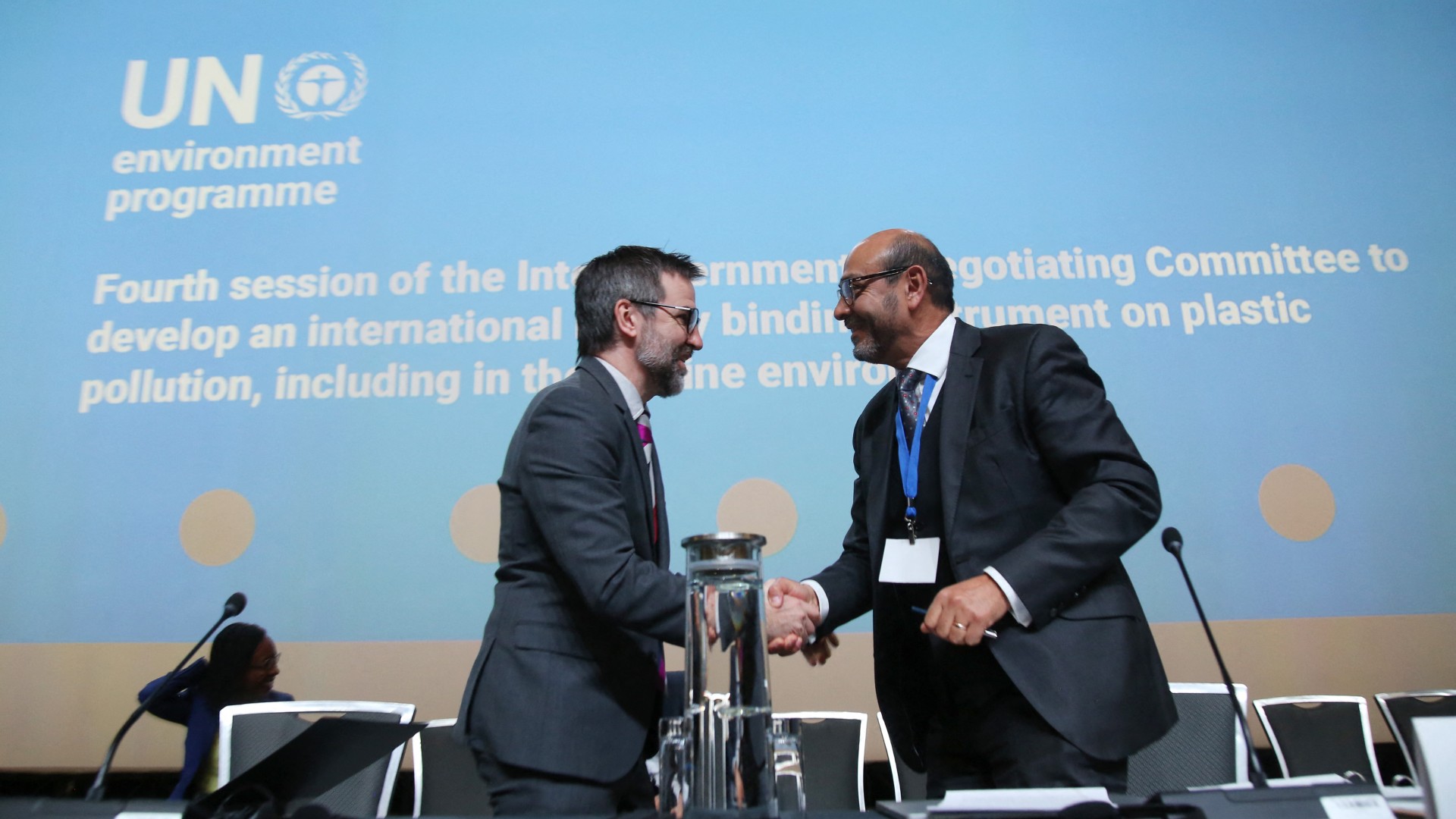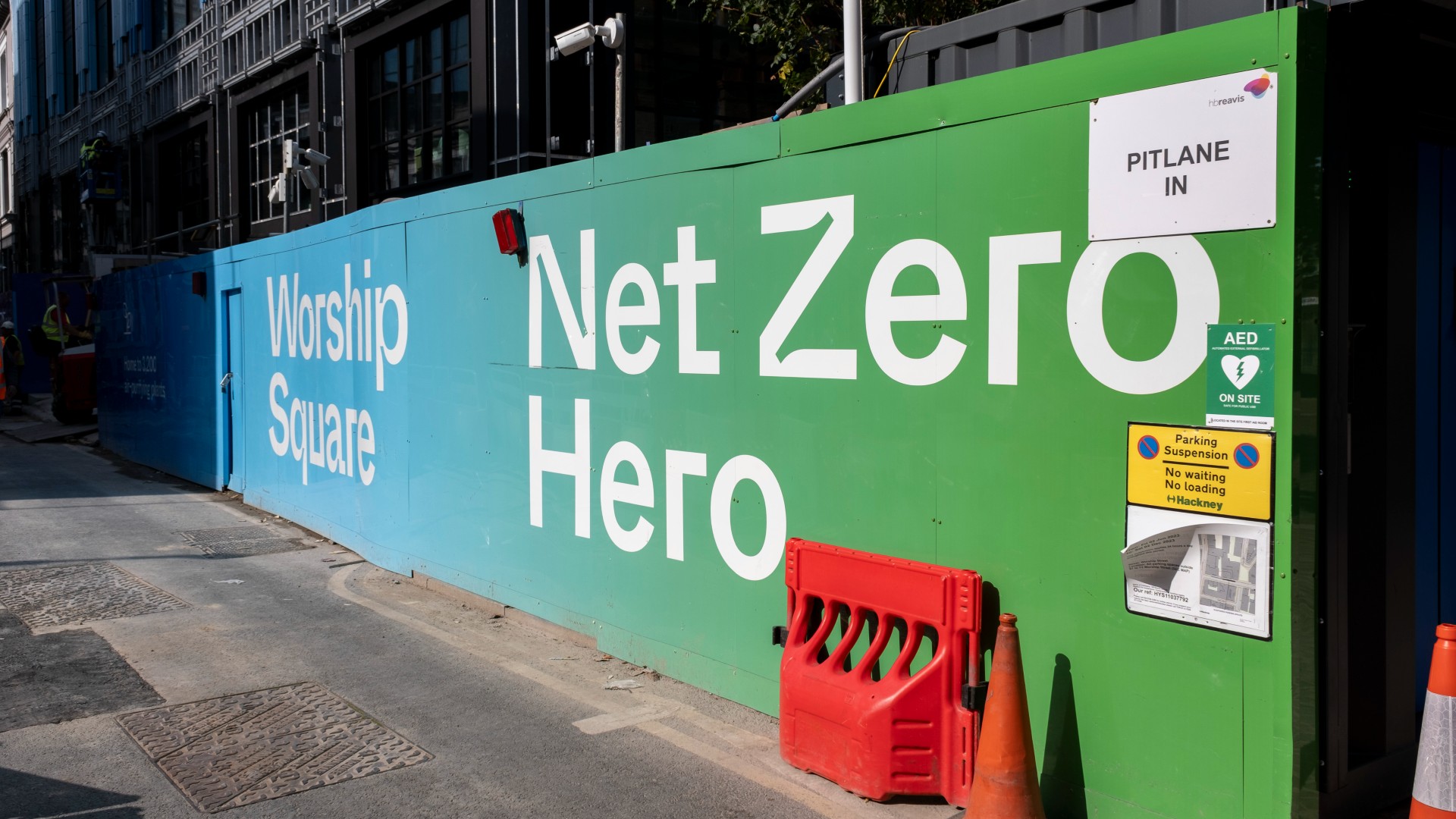UK air pollution is a ‘national health emergency’, MPs warn
Report finds that air pollution causes 40,000 early deaths a year

A free daily email with the biggest news stories of the day – and the best features from TheWeek.com
You are now subscribed
Your newsletter sign-up was successful
The UK Government is failing to tackle illegal levels of pollution that cause some 40,000 premature deaths and cost the economy £20bn each year, according to a “highly damning” report published today.
The 49 cross-party MPs who participated in the inquiry warn that air pollution is a “national health emergency”, adding: “It is unacceptable that successive governments have failed to protect the public from poisonous air. A step change in Government policy is now needed to address this.”
This “unprecedented” joint inquiry by four parliamentary select committees found that the Government’s approach to reducing air pollution amounted to little more than “box-ticking”, The Independent reports.
The Week
Escape your echo chamber. Get the facts behind the news, plus analysis from multiple perspectives.

Sign up for The Week's Free Newsletters
From our morning news briefing to a weekly Good News Newsletter, get the best of The Week delivered directly to your inbox.
From our morning news briefing to a weekly Good News Newsletter, get the best of The Week delivered directly to your inbox.
The MPs are calling for measures to force carmakers to contribute to a clean air fund, and have criticised plans to ban the sale of conventional petrol and diesel vehicles by 2040 as “lacking sufficient ambition”.
Paris has said it will ban both petrol and diesel cars by 2030, while Rome has outlined plans to stop diesel cars from entering the city centre by 2024.
The UK authorities have “consistently been called out” by judges throughout Britain and Europe, as well as the United Nations for “repeatedly breaking domestic and international law on acceptable pollution levels”, says Bloomberg.
Responding to the publication of the inquiry findings, a Downing Street spokesperson said that “ending the sale of conventional new diesel and petrol cars and vans from 2040, the UK is going further than almost every other European nation.
A free daily email with the biggest news stories of the day – and the best features from TheWeek.com
“We will carefully consider the joint committee’s report and respond in due course.”
-
 What to know before filing your own taxes for the first time
What to know before filing your own taxes for the first timethe explainer Tackle this financial milestone with confidence
-
 The biggest box office flops of the 21st century
The biggest box office flops of the 21st centuryin depth Unnecessary remakes and turgid, expensive CGI-fests highlight this list of these most notorious box-office losers
-
 The 10 most infamous abductions in modern history
The 10 most infamous abductions in modern historyin depth The taking of Savannah Guthrie’s mother, Nancy, is the latest in a long string of high-profile kidnappings
-
 The environmental cost of GLP-1s
The environmental cost of GLP-1sThe explainer Producing the drugs is a dirty process
-
 ‘Like a gas chamber’: the air pollution throttling Delhi
‘Like a gas chamber’: the air pollution throttling DelhiUnder The Radar Indian capital has tried cloud seeding to address the crisis, which has seen schools closed and outdoor events suspended
-
 Why is the world so divided over plastics?
Why is the world so divided over plastics?Today's Big Question UN negotiations on first global plastic treaty are at stake, as fossil fuel companies, petrostates and plastic industry work to resist a legal cap on production
-
 Anti-anxiety drug has a not-too-surprising effect on fish
Anti-anxiety drug has a not-too-surprising effect on fishUnder the radar The fish act bolder and take more risks
-
 Oysters from New York's past could shore up its future
Oysters from New York's past could shore up its futureUnder the Radar Project aims to seed a billion oysters in the city's waterways to improve water quality, fight coastal erosion and protect against storm surges
-
 Ottawa climate talks: can global plastic problem be solved?
Ottawa climate talks: can global plastic problem be solved?In the Spotlight Nations aim to draft world's first treaty on plastic pollution, but resistance from oil- and gas-producing countries could limit scope
-
 EPA limits carcinogenic emissions at 218 US plants
EPA limits carcinogenic emissions at 218 US plantsSpeed Read The new rule aims to reduce cancer-causing air pollution in areas like Louisiana's 'Cancer Alley'
-
 The push for net zero
The push for net zeroThe Explainer Britain has committed to reaching net-zero carbon emissions by 2050. What will this involve?